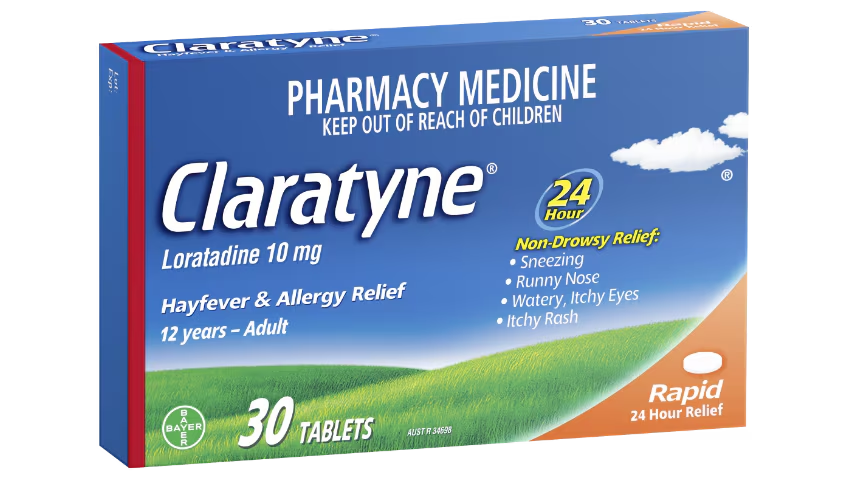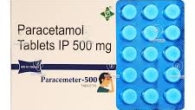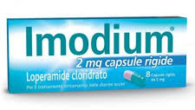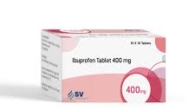
7 Important Anti-Allergy Medications: Cetirizine and Loratadine
Anti-Allergy Medications: Cetirizine and Loratadine
7 Important Anti-Allergy Medications: Cetirizine and Loratadine: Anti-allergy medications, such as Cetirizine and Loratadine, are invaluable in managing allergic reactions that can disrupt daily life. Whether caused by seasonal pollen, pet dander, or food, these medications provide relief by targeting the root cause of allergy symptoms. Let’s dive into their uses, benefits, history, and importance in everyday healthcare.
What Are Anti-Allergy Medications?
Anti-allergy medications, also called antihistamines, are designed to combat the effects of histamines in your body. Histamines are chemicals released by the immune system in response to allergens, leading to symptoms like sneezing, itching, and swelling.
Cetirizine (Brand Example: Zyrtec)
What It Does
Cetirizine is a second-generation antihistamine that works by blocking histamine receptors. It reduces symptoms without causing drowsiness for most users.
Uses
- Relieves hay fever (seasonal allergic rhinitis).
- Treats chronic hives (urticaria).
- Controls runny nose, sneezing, and itchy eyes.
Dosage
- Adults and children over 12: 10 mg once daily.
- Children 6–11: 5–10 mg once daily, depending on severity.
Precautions
- May cause mild drowsiness in some individuals.
- Not recommended for people with severe liver or kidney impairments without doctor supervision.
Loratadine (Brand Example: Claritin)
What It Does
Loratadine is another second-generation antihistamine known for long-lasting relief and a lower likelihood of causing drowsiness compared to older antihistamines.
Uses
- Treats symptoms of allergies, including sneezing, itching, and watery eyes.
- Provides relief for skin allergies, such as hives.
Dosage
- Adults and children over 6: 10 mg once daily.
Precautions
- Avoid use with alcohol, as it may intensify sedative effects.
- Safe for long-term use under medical supervision.
Key Differences Between Cetirizine and Loratadine
| Feature | Cetirizine | Loratadine |
|---|---|---|
| Drowsiness | Slight (in some cases) | Minimal (rare cases) |
| Onset of Action | Faster (within 1 hour) | Slightly slower (1-3 hours) |
| Duration | 24 hours | 24 hours |
A Brief History of Antihistamines
- 1937: The first-generation antihistamines were developed but often caused significant sedation.
- 1980s: Second-generation antihistamines, such as Cetirizine and Loratadine, were introduced, offering effective relief with fewer side effects.
- Today: These medications are widely used and trusted for managing a variety of allergic conditions.
Why Keep Anti-Allergy Medications in Your Home Kit?
- Immediate Symptom Relief: Provides fast relief for unexpected allergic reactions.
- Versatility: Suitable for a wide range of allergies, from pollen to food sensitivities.
- Non-Drowsy Formulas: Convenient for daily use without impairing work or study performance.
- Emergency Preparedness: Ideal for managing mild reactions to insect stings or unexpected environmental allergens.
FAQs About Anti-Allergy Medications
1. Can Cetirizine or Loratadine be used long-term?
Yes, both are safe for long-term use when taken as directed, especially for chronic conditions like hay fever.
2. Are these medications safe for children?
Yes, but dosage should be adjusted based on age and weight. Consult a doctor for younger children.
3. Can I take them during pregnancy?
Loratadine is often considered safe for pregnant women, but medical advice is essential before starting any medication.
Tips for Allergy Management
- Avoid Triggers: Identify and minimize exposure to allergens like pollen, pet hair, or certain foods.
- Stay Hydrated: Water helps to reduce mucosal irritation caused by allergens.
- Use Air Purifiers: Improve indoor air quality by filtering allergens.
- Follow Medication Schedules: Take antihistamines regularly during allergy seasons for the best results.
Significance of Anti-Allergy Medications in Society
The availability of effective antihistamines like Cetirizine and Loratadine has improved the quality of life for millions. These medications allow individuals to go about their daily activities without being sidelined by debilitating allergy symptoms. For families with allergy-prone members, they are indispensable for ensuring comfort and safety.
Conclusion: Anti-Allergy Medications
Having anti-allergy medications like Cetirizine or Loratadine in your home kit is a simple but powerful step toward managing allergic reactions effectively. They offer fast-acting, long-lasting relief for symptoms that otherwise might disrupt daily life, work, or travel.
By understanding how these medications work and integrating them into your self-care routine, you can confidently take control of your health and enjoy a more comfortable, allergy-free life.














Leave a Reply